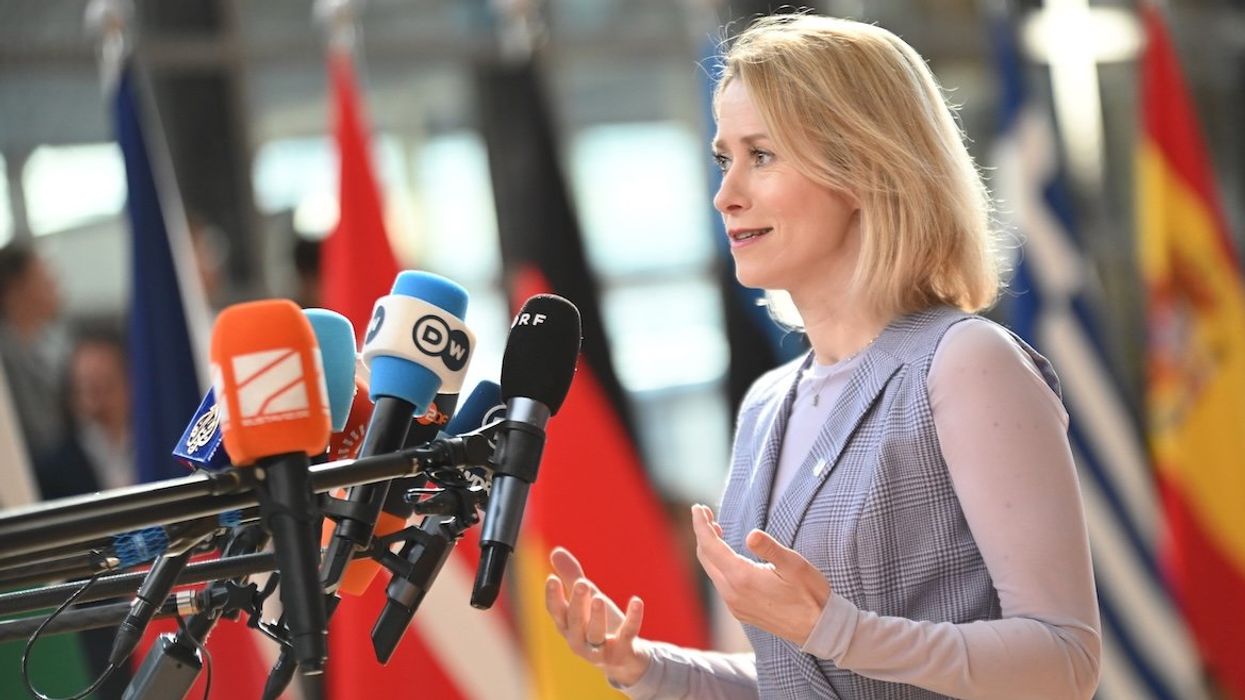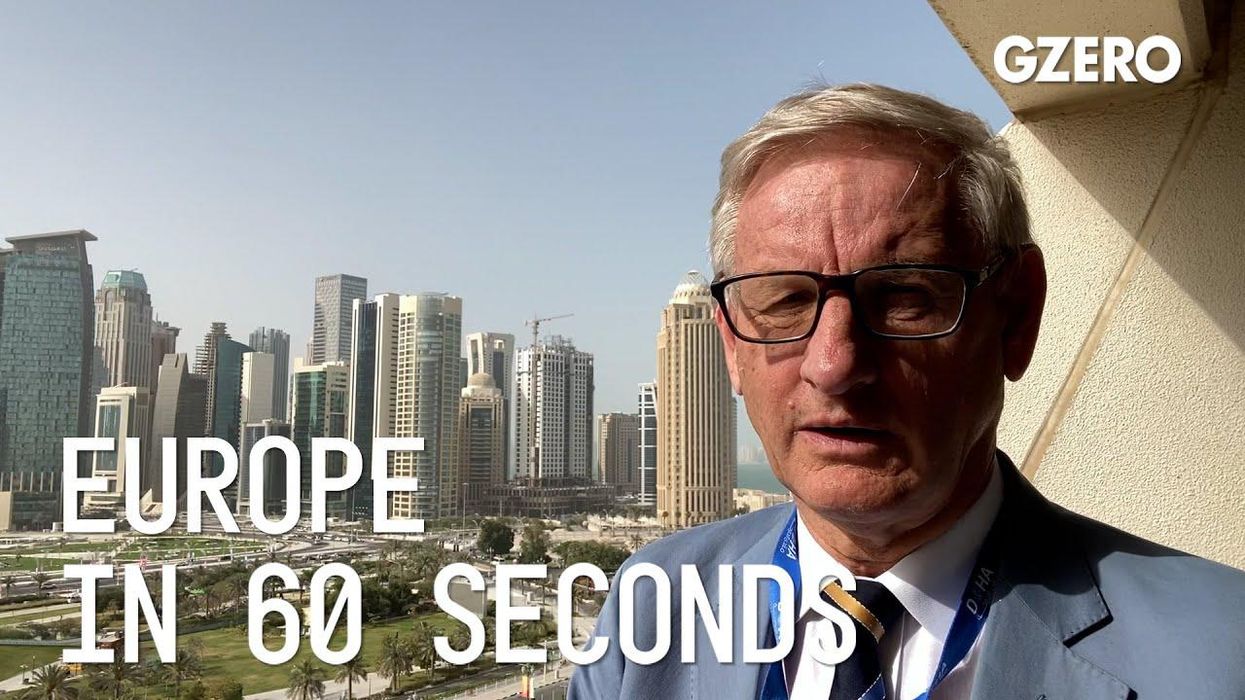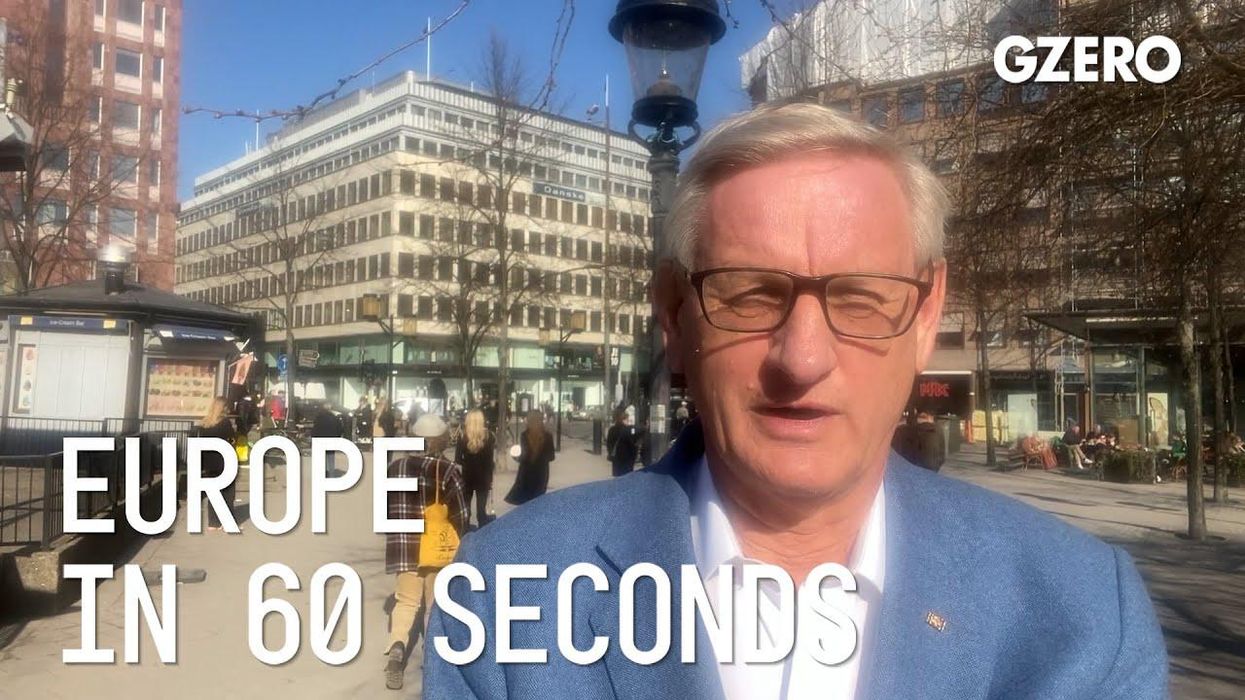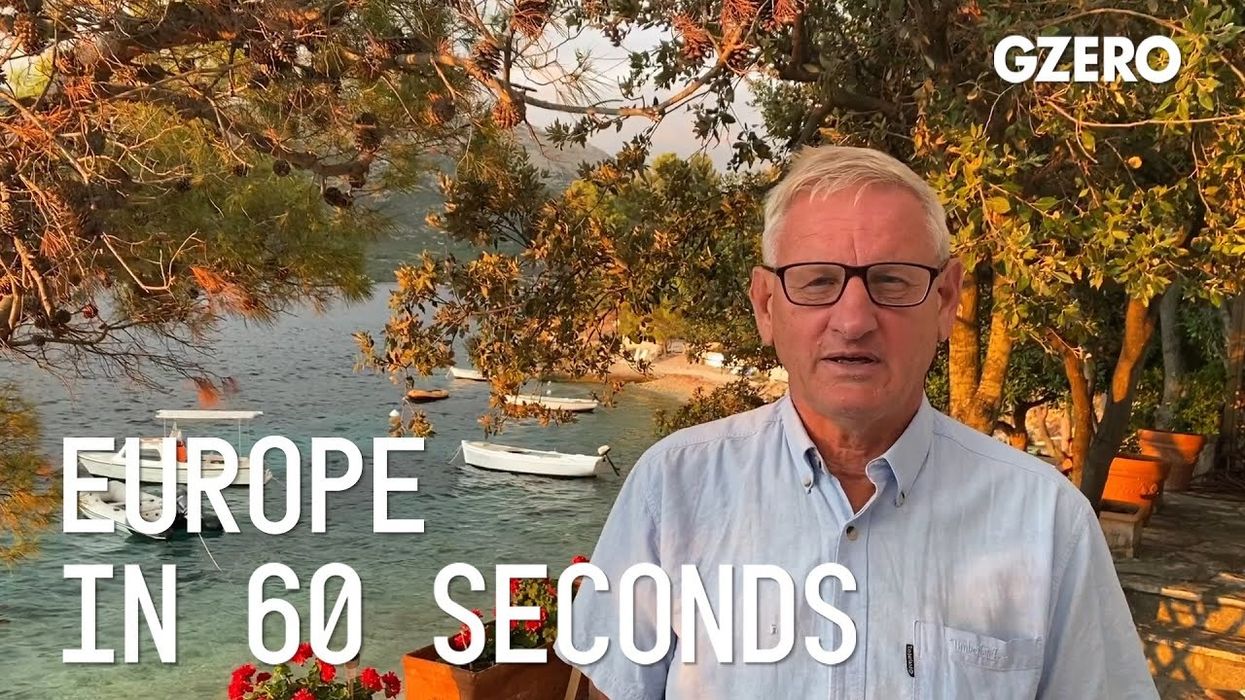What We're Watching
European leaders offer plans to bolster Ukraine
Though European leaders have been excluded from Donald Trump’s plan to end the war in Ukraine, meetings on Thursday in Brussels and London aimed to demonstrate Europe’s continuing commitment to supply Ukraine with the weapons it needs to repel Russian invaders.
Mar 20, 2025





